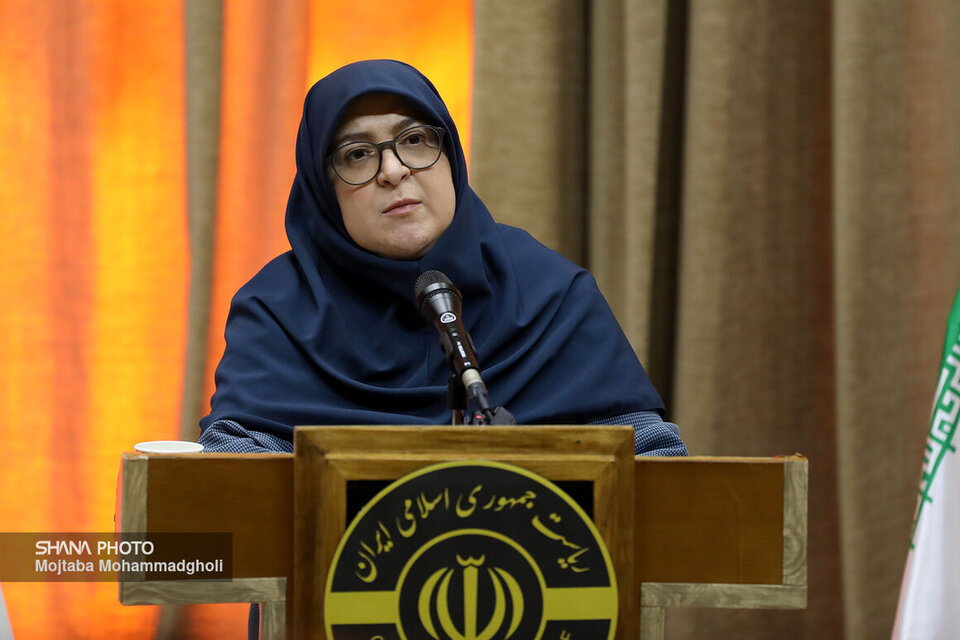Fatemeh Mohajerani said Tuesday, during a televised interview that the government’s recent decision on a three-tier gasoline pricing system aims to lower living costs for the public while increasing costs for fuel smugglers. “Given the significant price gap between fuel sold domestically and what happens beyond Iran’s borders, the government had to take an approach that protects people’s livelihoods while raising the cost of smuggling,” she said.
Mohajerani said the cabinet approved keeping the two existing personal-card quotas unchanged after several months of expert reviews and repeated discussions.
Personal Fuel Card Quotas Remain Unchanged
She reiterated that 70% to 80% of citizens’ fuel needs are already covered by the two quotas. However, she added that expert reports indicate most fuel smuggling occurs through fuel cards used directly at filling stations. As a result, the price of gasoline purchased with station-issued cards will rise to 50,000 rials per liter. The first and second quotas on personal fuel cards will not change.
Mohajerani said government-owned vehicles, vehicles registered in free trade zones, imported foreign cars, and newly registered domestic cars will not be exempt and will be subject to the third-tier price. She added that, in line with efforts to diversify the national transportation fleet and cut emissions, the Oil Ministry is required to expand dual-fuel vehicle conversion programs.
The Oil Ministry will soon launch an online system that helps citizens determine which of their multiple fuel cards will receive the 15,000- and 30,000-rial rates.
When asked why newly registered vehicles are not eligible for fuel cards, Mohajerani said the decision — which she noted had both supporters and opponents within the government — was made to ensure fairness and to redirect revenue from higher-priced gasoline toward improving household living conditions.


Your Comment